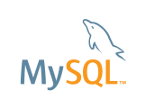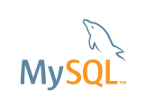How to install MariaDB on NetBSD?

NetBSD is a UNIX-like operating system with a focus on security, simplicity, elegance and clean source code, it is highly portable and robust.
MariaDB is a RDBMS created from MySQL 5.1 source code by the original MySQL developers and designed as a direct and improved MySQL replacement. MariaDB is fast, scalable, and robust, with a rich ecosystem of storage engines, plugins, and other tools that make it versatile and flexible in different scenarios.
How to install MariaDB on NetBSD? Read More »




